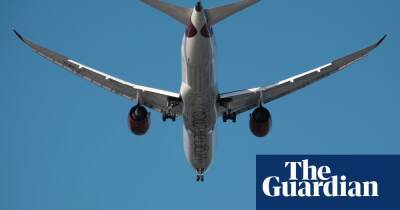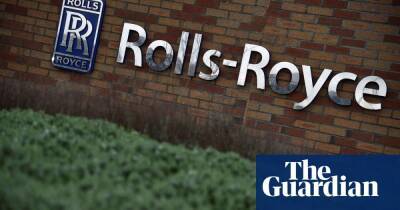East’s departure from Rolls-Royce is bad timing, but he’s done well
Warren East picked a bad day to announce he’ll be off from Rolls-Royce at the end of the year but, then, his entire spell as chief executive has been an exercise in managing the unexpected. He inherited troublesome Trent 1000 engines, issued two profits warnings in his first six months in 2015 and had to cope with a thumping fine from the Serious Fraud Office for events before his time.
Just when the clouds cleared, and £1bn of annual cashflow could be glimpsed, the pandemic struck, obliterating income that depended on aircraft with Rolls engines recording hours in the air. By the autumn of 2020, the company’s survival was in doubt. The painful remedy was a £7bn package comprising a hefty rights issue, extra borrowing, asset disposals and a heavy round of job losses.
Against that backdrop, the direct fresh uncertainty for Rolls created by Russia’s invasion of Ukraine could almost be viewed as modest. Annual revenues from Russian airlines may dwindle towards zero with sanctions, but the current figure (£170m) is tiny in a group context. A more serious problem may be sourcing titanium for engines since Rolls currently buys 20% of its supply from Russia but, in the end, that headache ought to be manageable.
The effect of indirect uncertainties, though, is hard to assess. More delay to the recovery in the long-haul civil aviation market is now the way to bet, especially if oil prices stay above $100 a barrel, but the degree is anyone’s guess. In the circumstances, an underwhelming forecast of “positive free cash flow” and “broadly unchanged” operating profit margins of 3.8% in 2022 wasn’t much comfort for investors who crave medium-term predictability. The shares fell 13%.
The shame is that East has done an excellent job. The
Read more on theguardian.com

















